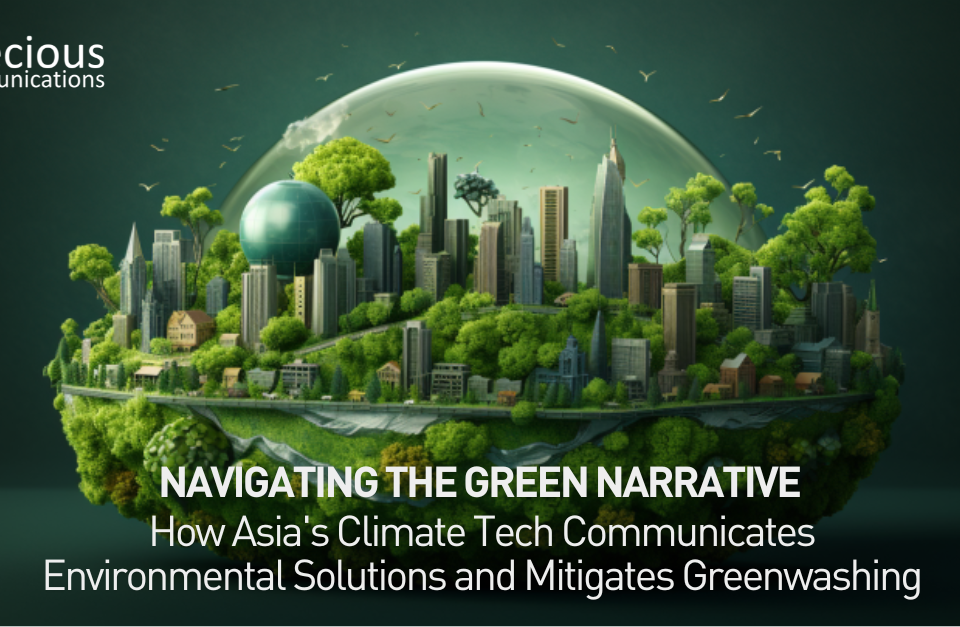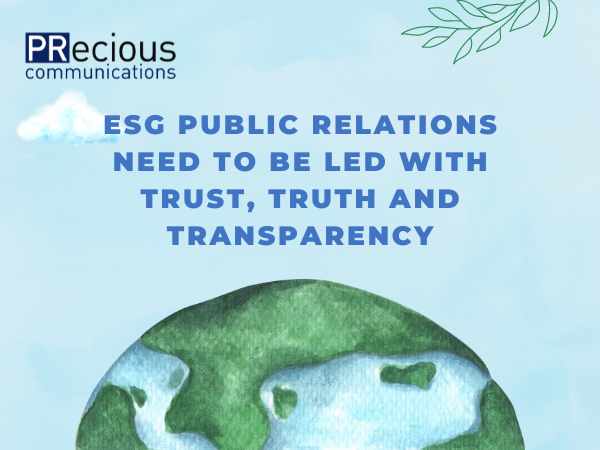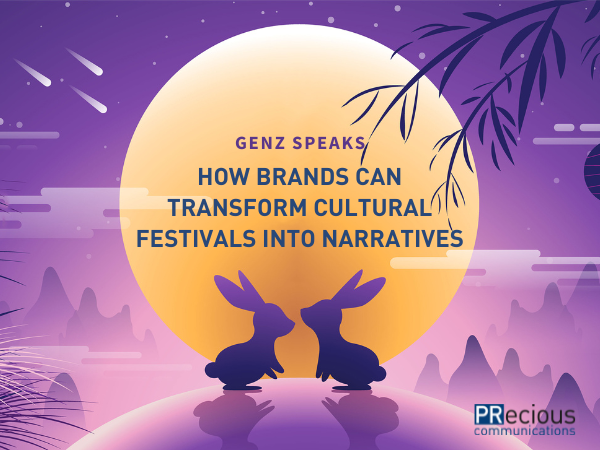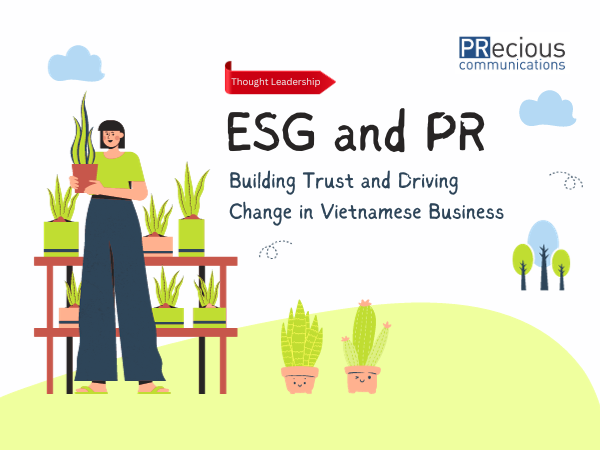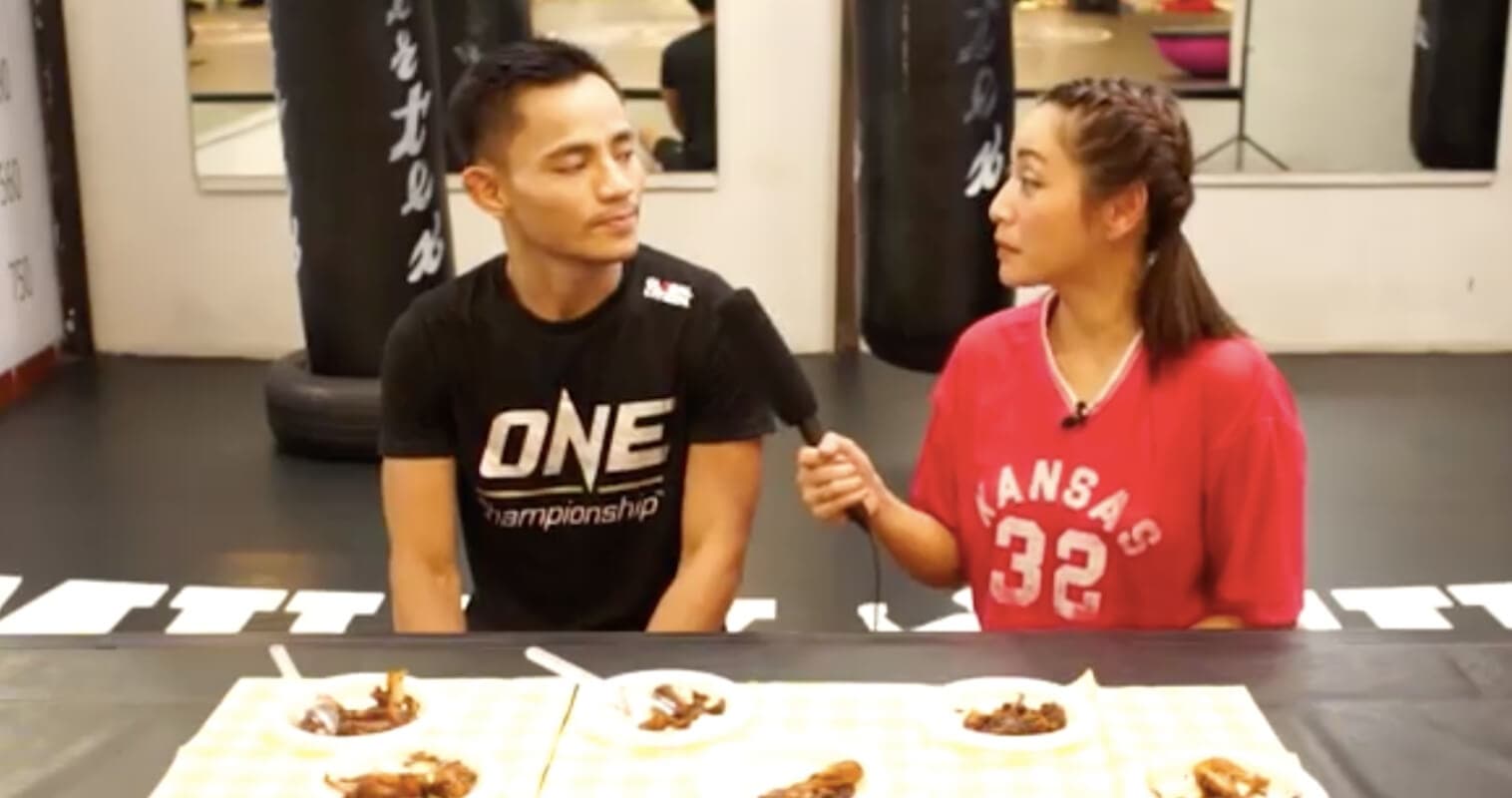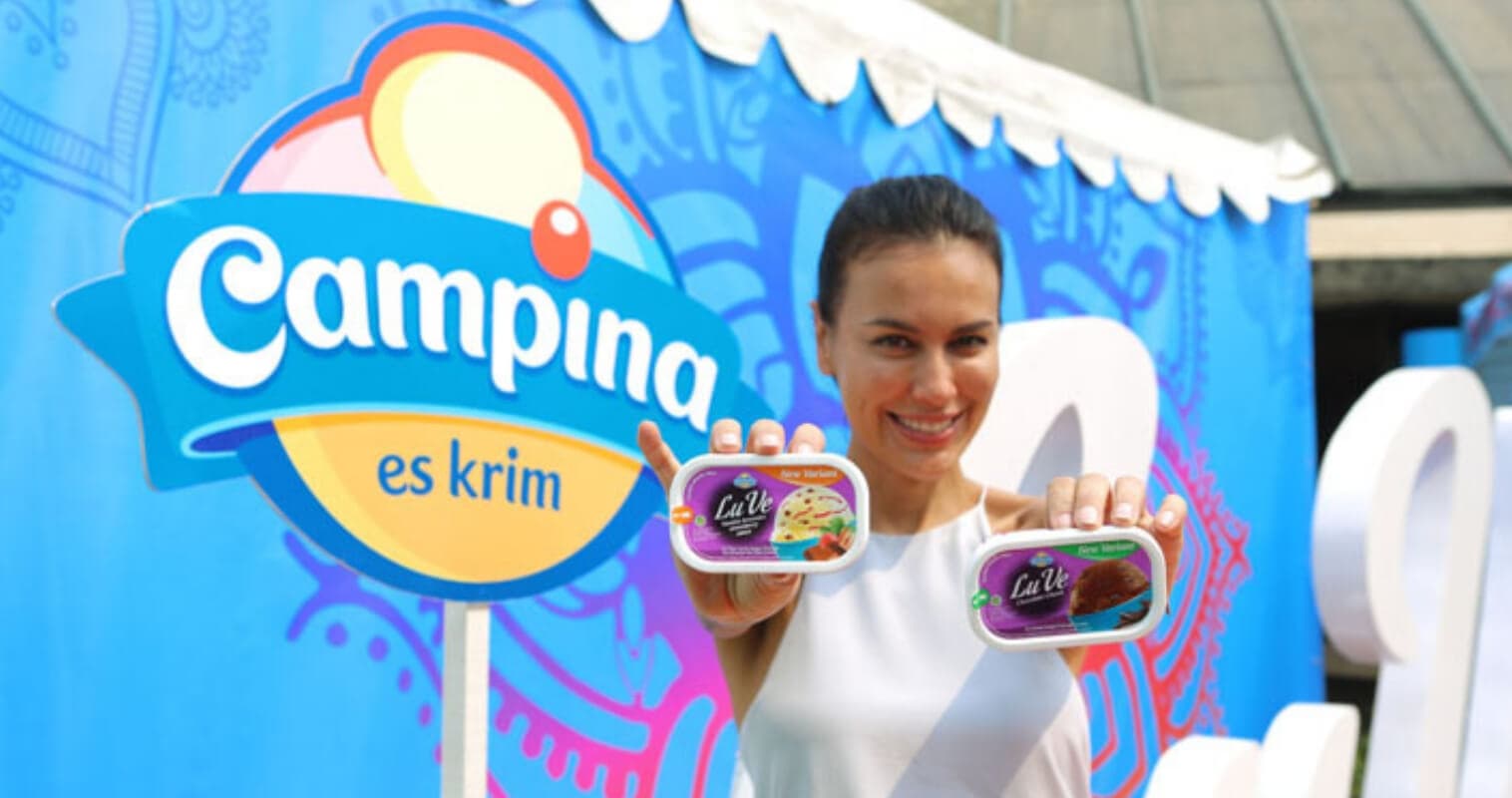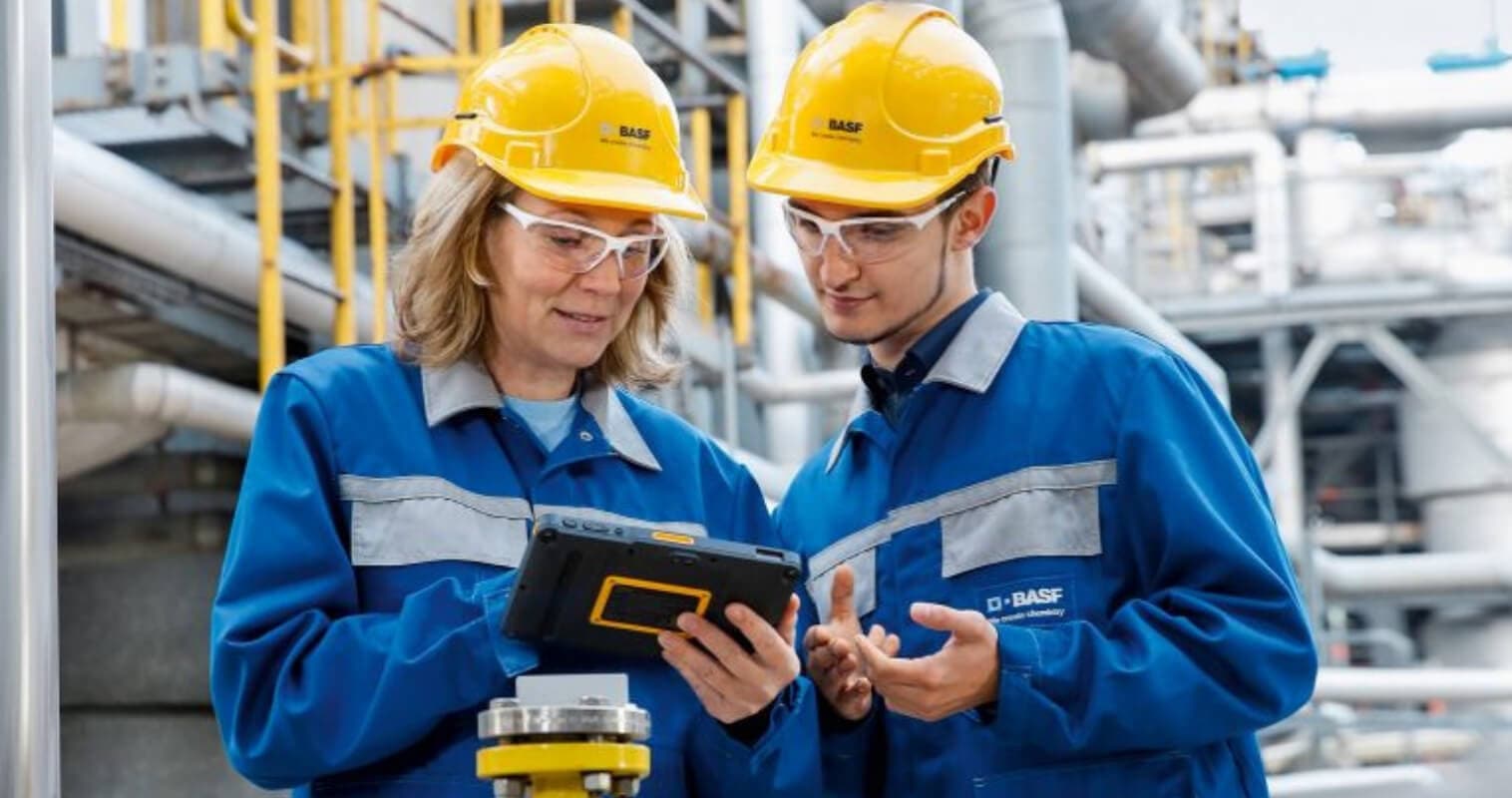Eight Common Mistakes Startups Make That Limit Their Media Exposure

What We Can Learn From Unusual Marketing Campaigns
November 3, 2020
How to Launch New Products, Brands or Companies During a Global Depression
November 5, 2020
Many inadvertently kill their media exposure in its infancy, costing them dearly
Armed with a novel concept and exciting product, many startups seem well-poised to explode onto the media scene. However, many inadvertently kill their media exposure in its infancy, costing them dearly in terms of awareness and publicity.
Unfortunately, poorly planned media outreach efforts can not only result in hardly any results but even backfire. It is vital first to understand what the end objective of this outreach is and to shape the media outreach plan accordingly.

Many inadvertently kill their media exposure in its infancy, costing them dearly
Photo: GETTY
Here are eight common mistakes I’ve observed among startups that can negatively impact their media potential:
Not Thinking Twice Before Promising Exclusives
When it comes to major announcements, be it a new product launch or the conclusion of a significant funding round, a common scenario many startups are bound to encounter is the offer of an exclusive feature. This can be a tricky situation to navigate as an exclusive typically limits media potential, with newsworthiness declining significantly after details of an announcement are made publicly available with only one selected outlet, leaving others not wanting to cover the story anymore.
Making Announcements On Informal Channels
As PR practitioners, we understand that achieving a milestone is an exciting time for any entrepreneur. However, under no circumstances should this information be shared prematurely on informal channels such as corporate websites, blogs or social media platforms if a media announcement is in the pipeline.
Before commencing with a story or interview, journalists check for previous mentions. Once an announcement has been made on informal platforms, newsworthiness declines and all bets are off.
Irregular Media Engagement
In our line of work, we frequently come across the misconception that media engagement is only necessary when there is an announcement to be made. That cannot be further from the truth.
What many startups don’t realize is that sustained effort is essential to establish a strong media presence.
Interviews, commentary on relevant news or opinion articles are often relied upon to fill the gaps between formal announcements. This creates an ongoing media engagement cycle that can significantly assist in brand recall and ensures that a brand and its spokesperson remain visible at all times.
An Overwhelming Volume Of Engagement
While a high amount of media engagement activities sounds like a fool-proof strategy, startup marketers need to be aware that more is not always better. Commenting on every subject under the sun may conversely dilute newsworthiness and media attention. This could result in media fatigue — overwhelming journalists with recurring media proposals — or even establish your spokesperson as a jack-of-all-trades instead of a subject matter expert in their respective fields.
Some publications also have policies in place to avoid situations where a single brand or spokesperson is featured too frequently. You could end up getting media coverage for some nice-to-have angles but then missing out for the big hit when you really have a story to tell.
Insufficient Knowledge Of Journalists Or Media Publications
Startups might be tempted to approach every single journalist or publication that seems relevant to their business. Such a move can be quite damaging to your brand reputation among the media, as it may suggest a lack of research and could even lead to your company getting blacklisted.
It is key to do research and strategize on the right media contact to approach. For instance, a brand in the banking and finance sector might not benefit from reaching out to a dedicated banking and finance reporter if said reporter only covers stock market movements.
Inconsistent And Confusing Messaging
Understandably, startup founders are passionate about their business. Often, this enthusiasm translates into their direct and unfiltered interactions with the media, where responses become filled with industry jargon. As the journalist may not possess that in-depth level of knowledge about your company or industry, it is essential to be concise, remove the jargon and be straightforward. We’ve also found that using relatable analogies to illustrate a point helps. However, do take care not to also come across as overly patronizing.
Startups need to remain consistent in their messaging as they can easily be cross-referenced with previous media coverage. Overinflating numbers, embellishing details or even creating controversy can have a long-term negative impact on a brand’s reputation and credibility.
Being Unprofessional
No credible media will want to publish your press release verbatim and not every publication or journalist will entertain an interview request, and that’s perfectly normal. Perhaps the story isn’t in line with their editorial calendar (which determines the topic they focus on), they’ve already dedicated resources to cover a separate announcement, or they just ran a similar story.
In all circumstances, it is key to graciously accept the decision and perhaps speak with the journalist for a better understanding of what the contributing factors were that led to the decision. This would help immensely for future announcements. The worst thing a startup could do is to be unnecessarily persistent, which could irreparably damage the working relationship.
Winging It
This is the biggest faux pas I think a startup could make. Over and over we have witnessed charismatic founders who ended up being unfavourably quoted, letting out company or partner details that were not meant for the public (yet) or under pressure, even making up numbers that might sound impressive. Driven by the ambition to please the media, some interviewees tend to overshare or try hard to have an edgy or controversial opinion for the sake of attention.
Be prepared that whatever information you share with the media, it might get published. And that might stay with you forever.
Interacting with the media should be well-planned and based on a gameplan: What is the story you want to focus on? What are the facts to strengthen your points, and what is your sanctioned view on the industry and competitors? Remember that it is perfectly fine to not have an answer to every question.
